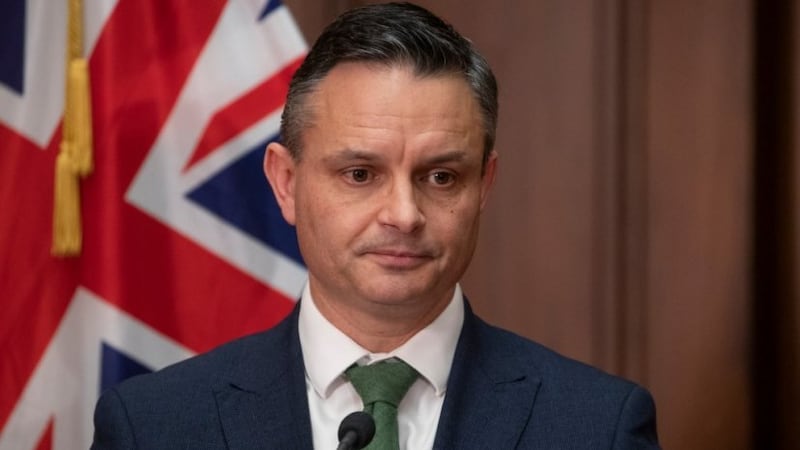Climate Change Minister James Shaw has announced an interim ministerial advisory committee to represent Māori interests relating to government climate policies. Photo / NZME File
Climate Change Minister James Shaw has launched a series of policies likely to disproportionately harm Māori farming and forestry interests but after scores of criticism it appears the minister is keen to make amends.
Shaw conceded yesterday that Māori don't just stand to suffer disproportionately at the hands of climate change itself but also government policy.
“Māori are both disproportionately and uniquely affected by a warming planet. This is why it is so critical that we apply a tikanga Māori lens to the work we are doing to transition Aotearoa to a low emissions economy,” the climate minister said.
Shaw has launched a new advisory panel to present perspectives of mana whenua to policy makers as the government looks to regulatory reforms to curtail carbon emissions.
The panel will specifically look at mātauranga Māori opportunities to mitigate climate change and include a voice of Māori enterprise which stands to be hit by climate policies.
The interim ministerial advisory committee on climate change will create a Māori "climate action platform" to make sure whānau, hapū, and iwi are at the forefront of the government's work to respond to climate change, Shaw says.
Upholding the Treaty
Shaw says an "equitable low carbon transition that upholds the promise of Te Tiriti o Waitangi" is his priority.
“Māori are kaitiaki of their whenua, leaders in their communities, decision-makers, and land and business owners - and it is crucial we work together as equal partners on our climate response,” Shaw says.
Shaw has come under fire for launching policies seen as anti-Māori in the past year.
One was a plan to no longer award carbon credits for exotic forests like pine, slammed by the Māori forestry lobby because of how much Māori land returned by the Crown is of such low quality that it could grow little else
Another would see Iwi disproportionately hit by the government’s new carbon tax for livestock farming.
Last month Māori Climate Commissioner Donna Awatere Huata described a plan Shaw tabled to allow government to be the only ones to buy Māori carbon credits as 'another land grab'.
Negative effects acknowledged
Any suggestion the government could “become a buyer – or even the exclusive buyer – of units from forest owners” was a plan to “nationalise the earnings” from the green economy and force owners of whenua Māori into dependence on the Crown Awatere Huata said at the time.
While not conceding past failings, Shaw has acknowledged the disproportionately negative effects on Māori landowners in his latest raft of policies.
“The highly experienced and expert committee I have announced today will engage with Māori right across Aotearoa and ensure Māori have a voice at the climate decision-making table,” Shaw says.
“The insights from this will provide invaluable input into the design of a new Māori climate platform that will ensure Māori are at the heart of our climate response."
Shaw says he sees the opportunity for mātauranga Māori to help Aotearoa address climate change.
“Mātauranga Māori can help us to learn and better inform our decision-making,” he says.
“Through this lens we can better understand the distributional impacts of climate policies and work to balance some of the risks, the costs and benefits to Māori of the transition.”
“One of the core commitments that runs throughout this government’s climate plan is to ensure an equitable transition for Māori, led by Māori."


